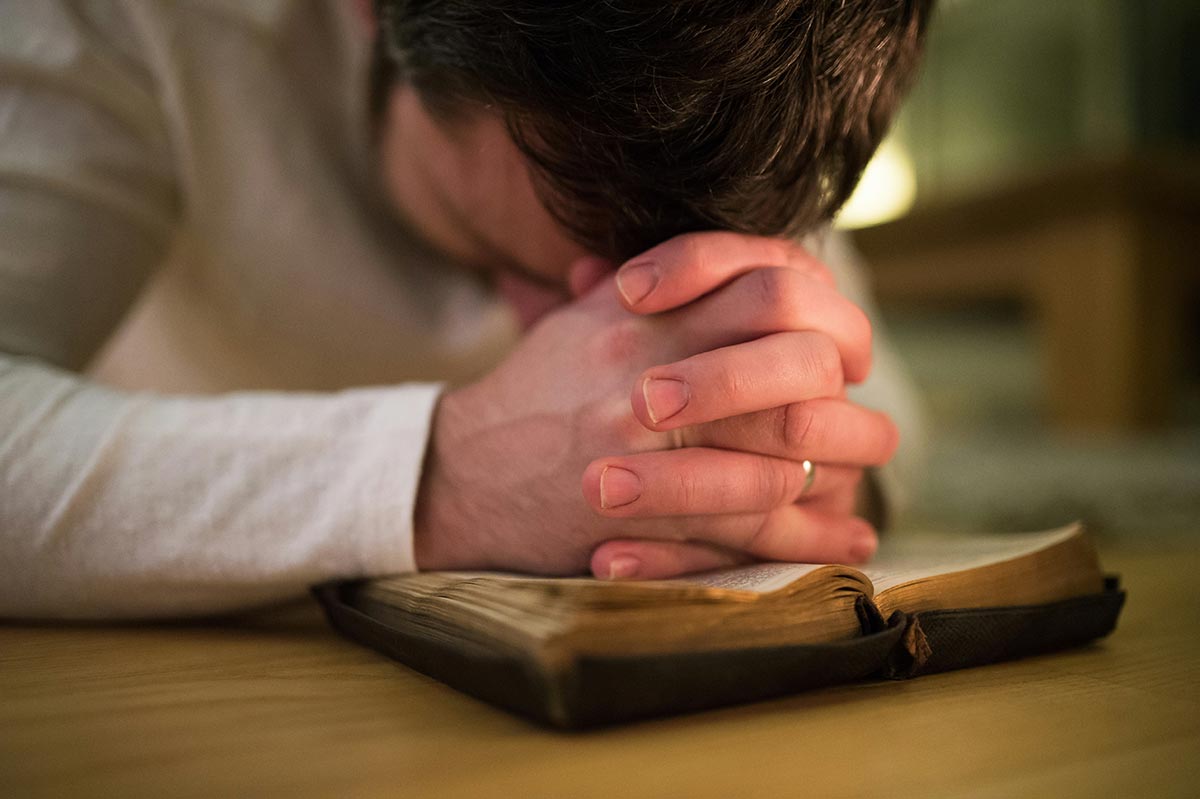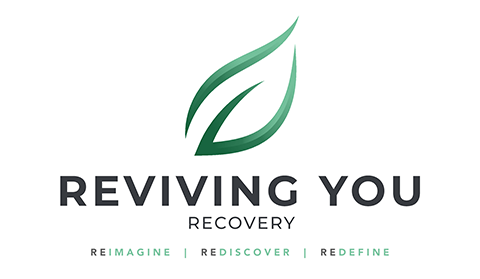What is a Spiritual Awakening and Why Do I need One for My Addiction Recovery?

Most of us will have heard the term “spiritual awakening” for our entire lives. But, when you move into recovery and into a 12-step program, people will talk about it differently. In 12-step, a spiritual awakening is often talked about as something necessary to make a full recovery – mind and body – from a substance use disorder.
Why is that? Spirituality is an important part of being human. In programs like Alcoholics Anonymous or “AA”, turning to spirituality and embracing a higher power is a significant part of the treatment. Your spiritual awakening should mean giving yourself over to a higher power, acknowledging its impact on your life, and becoming spiritual.
In this article we’ll go over what a spiritual awakening is and why you need it for your recovery.
What is Spirituality in Recovery?
Spirituality can mean a lot of things. For those of us in recovery, it means recognizing a deeper self, that there is more than the self, and that there is a higher power in our lives. Traditionally, most recovery programs have focused on Christianity as that higher power. That’s still true today, where most recovery programs will have a Christian element or the option to incorporate Christianity as part of your treatment. However, more and more often, that’s also broadened to alternative definitions like finding deeper meaning in your life, finding your values, believing in the supernatural, and looking for meaning in life. This opens the practice of spirituality in recovery up to non-Christian religions as well as to agnostic and atheist patients who also need support and help to recovery.
Spirituality can sound like “I found deeper meaning in my life” or “I found God” or “I found myself”. The important part is that you recognize that there’s more to life than the mundane of day-to-day living – man is not a machine and you have spiritual needs. If you do not meet those needs, you will feel unfulfilled and you will need “something” (substances, behavioral addictions like shopping, high risk activities, etc.) to feel fulfilled.
If you can find deeper meaning in life, you can find external motivation, validation, and reward for living well. And, that will create internal motivation to stay clean and sober no matter what life throws at you.
How Substance Use Disorders Get in the Way
For many people, a substance use disorder actually gets in the way of feeling spiritual. “addiction” results in a two-part shift away from the inner world. For example, most people with an addiction experience a side-effect known as “emotional blunting”. Here, you flood the brain and the reward pathways of the brain with chemicals and hormones every time you use. Drinking and drug use stimulate serotonin, oxytocin, gabapentin, and other receptors that are primarily meant to trigger to make you feel good for living well. When overstimulated, the brain produces less and less of the things that reward you for having good relationships, for exercise, for taking care of yourself. You stop feeling positive emotions or stop feeling positive emotions as strongly – which also means you feel negative emotions more strongly. This dysregulation of the emotional response means you’ll feel less when you get a hug from a loved one and more when you don’t. It’s also something that takes about 6-24 months to recover from – or before your brain will return to “normal”.
The second is that, for most people,, substance abuse results in a state in which you are forced to turn the ego inwards. You have to deny the extent of problems, to hide from yourself, and to direct yourself inward. This results in people with major issues around self-identity, ego, and self-image. That also takes up to years to correct and requires action. However, it also gets in the way of feeling spirituality because if you can’t see or love yourself, you cannot feel spirituality.
Get Your Questions Answered Now
Is There a Reason to Seek Spiritual Awakening in Recovery?
A spiritual awakening means realizing that there’s something bigger out there. It’s about realizing there’s a higher power. It’s about finding unity with yourself and the world around you. Do you need that?
For most of us, the answer is, yes. Finding that feeling of oneness, whether with nature, yourself, or a religion means letting go of feeling stuck, of feeling meaningless, of feeling powerlessness. It means seeing the big picture, understanding that it’s not just about you, and taking a step back from focusing on yourself. For most of us, that can be freeing and it can give us the space we need to focus on living. That’s also extremely beneficial to your mental health and your wellbeing.

For many of us, it’s also a natural part of the process of recovering the sense of self and recovering joy in life. If you can feel spirituality, you are at a point where you are healing. And, if you experience your spiritual awakening, you are at a point mentally where you are cultivating openness, joy in life, and joy in things that are not yourself. You are looking for fulfilment and best of all, you are finding it.
That’s also not something that immediately happens for anyone. You don’t wake up one day and decide to be spiritual and have it hit you. Instead, you spend years cultivating being the person you want to be and working towards the mindset, approach to life, and enjoyment of life that makes it possible.
That often means:
Fostering a Positive Outlook – You recognize that life is inherently neutral and that good things will happen. You work to rid yourself of negative outlooks and beliefs and victim mentality. What happens will happen. As you move towards spirituality, you begin to see yourself and the world around you in a more positive light. Leaving addiction, it can feel like everyone hates us and the world is out to get us, we specifically are singled out to have the worst of everything. Becoming spiritual means shedding that negativity and embracing life for what it is, good and bad.
Sharing with Others – Addiction can push us to hide ourselves and who we are. It can also mean we hide our deepest selves even from ourselves. Moving towards spirituality means working to understand our emotions and sharing them with others. It means learning to let go of not caring, of being numb, and looking into ways you can share how you feel good, when you feel bad, and what happens to you. That will, in turn, give you a better understanding of yourself and a better baseline to feel good from.
Invest in the Self – You won’t be who you want to be overnight. Instead, you’ll have to put in real work, over a longer period of time, to get to where you want to be. Often, that means therapy, working yourself, learning practices that enable spirituality like mindfulness and prayer, investing in yourself and your community, and putting effort to ensure you have opportunities to contribute and to be valued for who you are.
Your spirituality is your own. No one can define it for you. However, you can take steps to enable your spirituality by working with others, by engaging in spiritual practices, by working on your outlook, by taking steps to improve your mental health, and by engaging with yourself and working to get to know yourself as a regular practice. Nothing happens overnight but you can take powerful steps to get to where you want to be.
Good luck on your recovery journey and good luck finding your spiritual awakening.
We Accept Most Insurances
We are in network with:






We know insurance coverage can be a source of uncertainty for people. We make sure you have all the information necessary. The great news is health insurance can potentially cover the total treatment costs. If you don't have insurance, we offer cash payment options for our treatment programs and are committed to working with clients regardless of financial situations.
